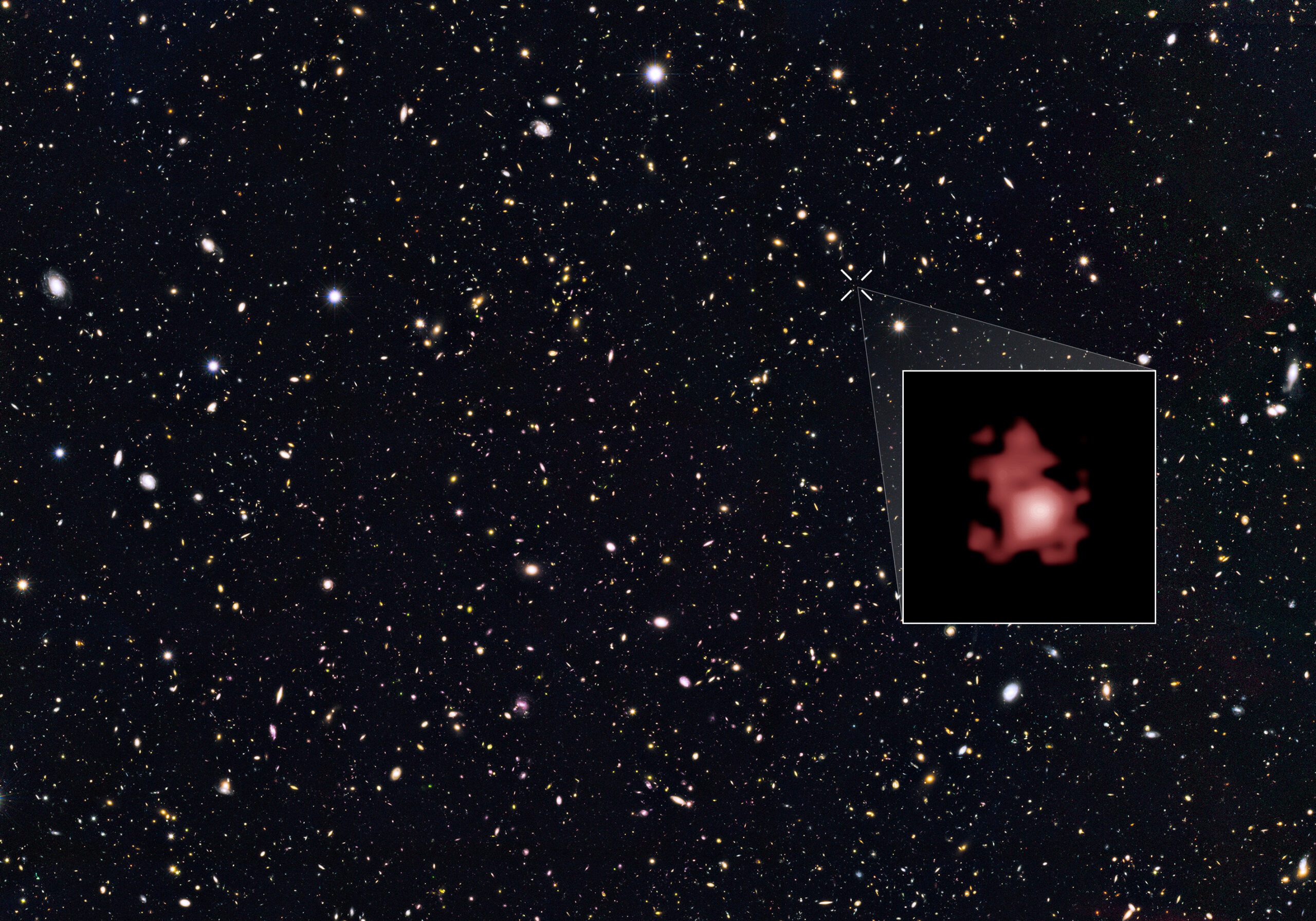Unveiling the Enigma: Revealing the First Galaxy in Astronomy’s History
Unveiling the Enigma: Revealing the First Galaxy in Astronomy’s History
Astronomy has always been a captivating field of study, constantly pushing the boundaries of our knowledge about the universe. Throughout history, scientists and astronomers have made remarkable discoveries that have shaped our understanding of the cosmos. One such discovery, which stands out as an enigma waiting to be unraveled, is the revelation of the first galaxy.
The quest to uncover the first galaxy began with the realization that our own Milky Way is not the entirety of the universe. Astronomers observed that some faint patches of light scattered across the night sky were in fact distant galaxies, billions of light-years away from us. These distant celestial objects offered a glimpse into the early stages of the universe’s formation.
The discovery of the first galaxy marked a pivotal moment in the history of astronomy. It allowed astronomers to piece together the puzzle of cosmic evolution and gain insights into the origins of galaxies themselves. By studying the properties and characteristics of this primordial galaxy, scientists could trace back its evolution and understand how galaxies have evolved over time.
One of the major challenges in unraveling this enigma was the vast distance of the first galaxy. Its immense distance meant that its light traveled billions of years to reach us, making it appear extremely faint. Astronomers had to develop innovative techniques and advanced technologies to detect and study these ancient galaxies.
Thanks to advancements in observational instruments and the deployment of space-based telescopes like the Hubble Space Telescope, astronomers managed to capture detailed images and spectra of distant galaxies. These observations provided valuable data that helped astronomers characterize the properties of the first galaxy, such as its composition, age, and size.
Additionally, the discovery of the first galaxy served as a stepping stone for further breakthroughs in the field of cosmology. It allowed researchers to study the expansion of the universe, dark matter, and the formation of structures on a larger scale. Understanding the origins and evolution of galaxies became a cornerstone in our pursuit of comprehending the universe as a whole.
In conclusion, the revelation of the first galaxy was a defining moment in the history of astronomy. It opened up new avenues of research and deepened our understanding of the cosmos. The journey to uncovering this enigma required the ingenuity of astronomers and the power of advanced technologies. As we continue to explore the universe, unveiling further galaxies and unraveling more cosmic mysteries, we can look back at this milestone as a testament to human curiosity and perseverance in the face of the unknown.
Universe Size 3D comparison | Solar System | Part 1
[arve url=”https://www.youtube.com/embed/A5EiLLDTIQU”/]
The Classification Of Galaxies | Astronomic
[arve url=”https://www.youtube.com/embed/BO9KBZaCn28″/]
Frequent questions
What is the name of the first galaxy ever discovered in astronomy?
The name of the first galaxy ever discovered in astronomy is the **Andromeda Galaxy**.
Can you provide information on the earliest known galaxy in the universe?
The earliest known galaxy in the universe is called GN-z11. It was discovered by astronomers using the Hubble Space Telescope and is located about 13.4 billion light-years away from Earth. This means that we are observing GN-z11 as it appeared just 400 million years after the Big Bang.
GN-z11 is a small and faint galaxy, but its discovery is significant because it offers valuable insights into the early stages of the universe’s evolution. The light from this galaxy took so long to reach us that it provides a glimpse into a time when the universe was only 3% of its current age.
Studying GN-z11 has provided scientists with important information about the processes involved in galaxy formation and evolution. Astronomers believe that GN-z11 formed within the first billion years of the universe’s existence, making it one of the earliest galaxies ever observed.
This ancient galaxy helps us understand how galaxies evolved over time and how they contributed to the reionization of the universe. Reionization refers to the period when the neutral hydrogen gas that dominated the early universe was ionized by the light emitted by the first galaxies.
Although our understanding of the early universe is still limited, discoveries such as GN-z11 allow scientists to piece together the puzzle of cosmic history and deepen our knowledge of how galaxies, stars, and planets came to be.
Which galaxy holds the distinction of being the oldest known celestial object in astronomy?
The **oldest known celestial object** in astronomy is a galaxy called GN-z11. It was discovered by NASA’s Hubble Space Telescope in 2016 and is located in the constellation Ursa Major. GN-z11 is estimated to have formed **only 400 million years** after the Big Bang, making it the **farthest and most ancient galaxy** observed to date. Its distance from Earth is about **13.4 billion light-years**, providing a glimpse into the early stages of the universe’s evolution.
In conclusion, understanding the origins of the universe has always been a fascinating pursuit for astronomers. One of the key questions that arises is the identity of the first galaxy that ever formed. Through extensive observations and research, scientists have uncovered evidence pointing to a galaxy called GN-z11 as the likely contender for this title. Its discovery not only provides us with key insights into the early universe but also highlights the remarkable progress we have made in unraveling the mysteries of our cosmic origins. As astronomers continue to explore the cosmos, unraveling more secrets and pushing the boundaries of our knowledge, we can only expect to uncover even more awe-inspiring revelations about the universe we call home.

